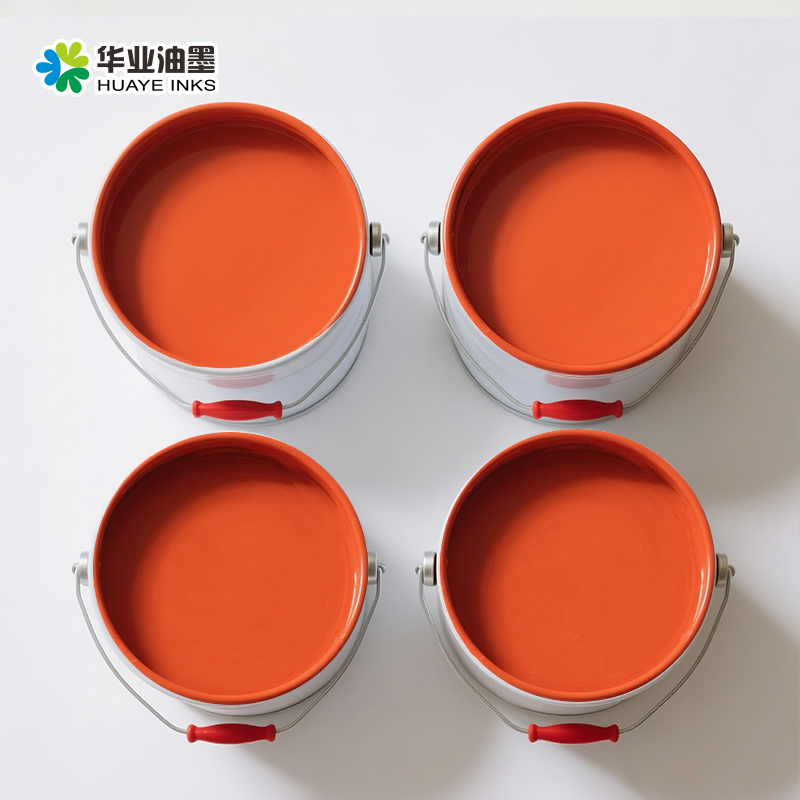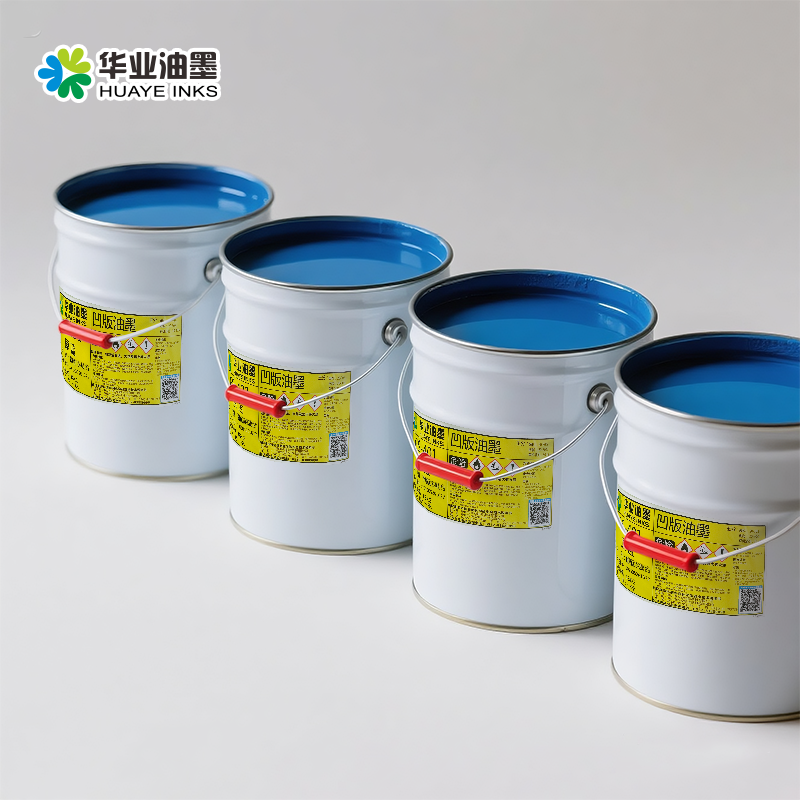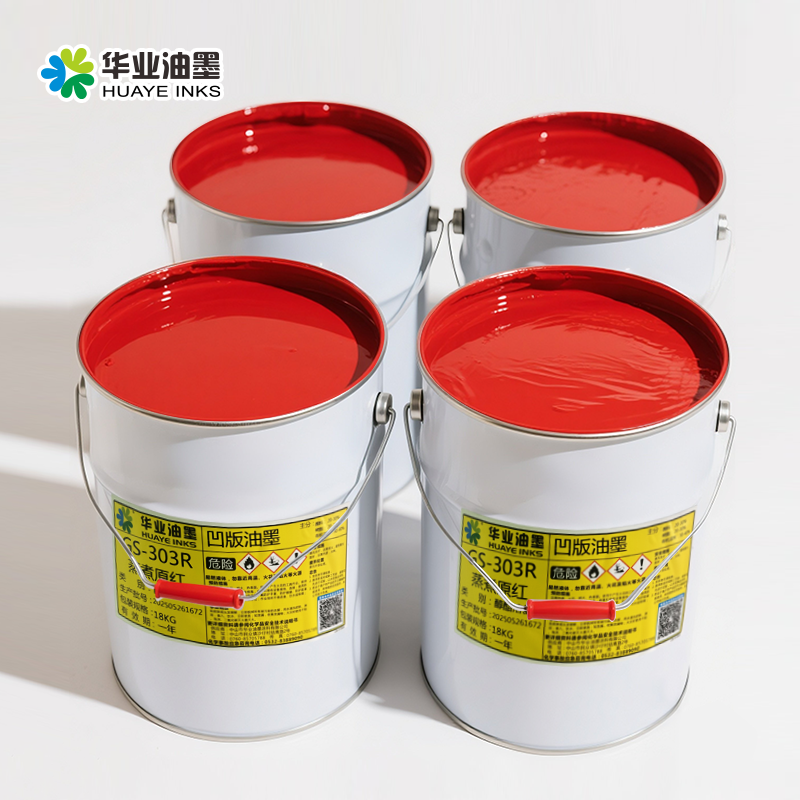No.2 Jieqing Road ,Shazai industrial Park, Minzhong Zhongshan City, Guangdong Province
Flexible industrial ink is a specialized type of ink designed to meet the unique requirements of industrial printing applications where flexibility is a key factor. In industries such as packaging, automotive, and electronics, products often need to undergo various forms of bending, folding, or stretching during their lifecycle, and flexible industrial ink ensures that the printed images remain intact and of high quality throughout these processes. The formulation of flexible industrial ink focuses on using binders and additives that can provide excellent elasticity and resilience. Specialized polymers are incorporated into the ink as binders, which have the ability to stretch and deform without cracking or breaking. These polymers form a continuous, flexible film on the substrate, allowing the ink to conform to the shape changes of the material. Pigments in flexible industrial ink are carefully selected not only for their color properties but also for their compatibility with the flexible binder system. They are dispersed evenly within the ink matrix to ensure consistent color performance even when the ink film is stretched. Additionally, additives are used to enhance other properties such as adhesion to different substrates, resistance to abrasion, and weather resistance. Flexible industrial ink is compatible with a wide range of substrates, including flexible plastics, rubber, and certain types of fabrics. In the packaging industry, it is used for printing on flexible pouches and labels, which need to be able to withstand the stresses of filling, sealing, and handling. In the automotive industry, it can be used for printing on interior components that may be subject to temperature changes and mechanical stresses. In the electronics industry, flexible industrial ink is used for printing on flexible circuit boards and other flexible electronic components, where the ink needs to maintain its conductivity and functionality even when the substrate is bent or flexed. As industries continue to demand more flexible and adaptable products, the development and use of flexible industrial ink will play an increasingly important role in meeting these requirements.


